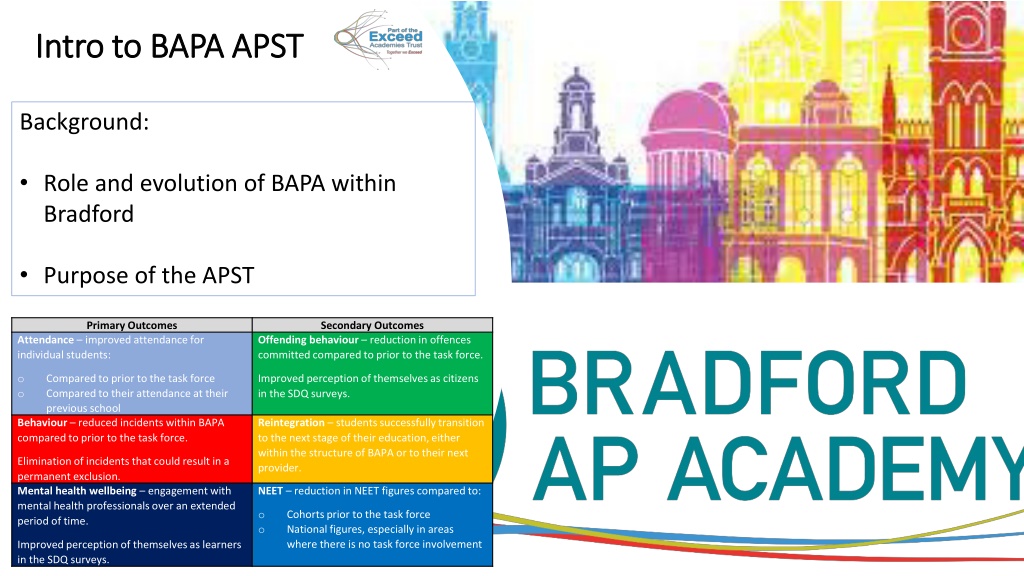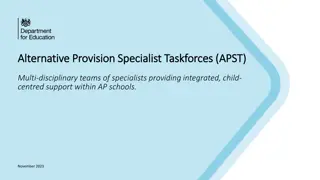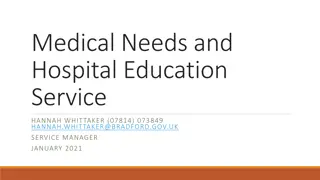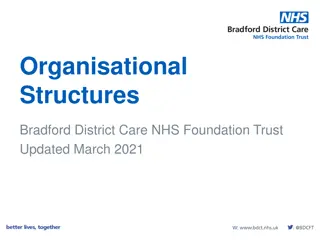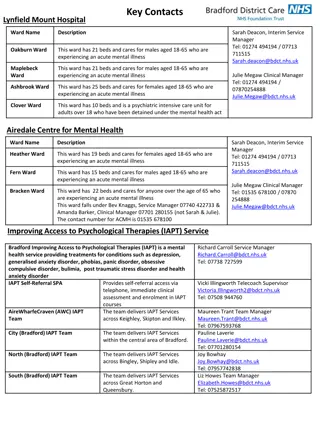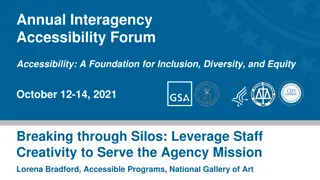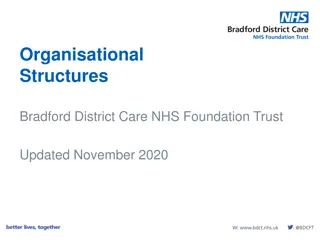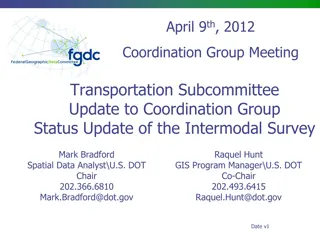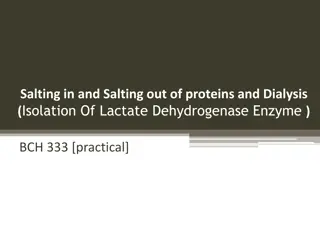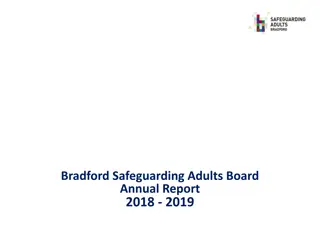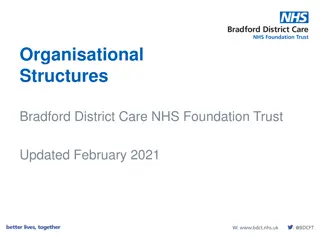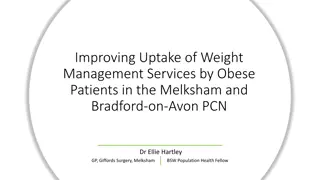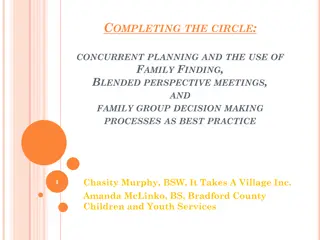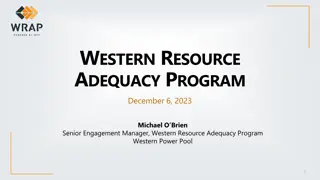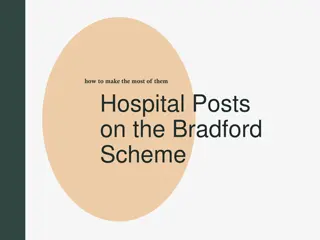Comprehensive Overview of BAPA APST Program in Bradford
The BAPA APST program in Bradford plays a crucial role in improving attendance, reducing offending behavior, and enhancing overall outcomes for students. With a team of professionals, the program focuses on mental health, youth work, and post-16 coaching to support students effectively. Impact results show significant improvements in attendance rates, successful mainstream education transitions, and mental health support. The coordinator's role involves maintaining the vision, adapting to changing needs, and ensuring sustainability. Challenges in referrals, engagement, and systemic issues require a multi-professional and school-based approach for long-term success.
Download Presentation

Please find below an Image/Link to download the presentation.
The content on the website is provided AS IS for your information and personal use only. It may not be sold, licensed, or shared on other websites without obtaining consent from the author. Download presentation by click this link. If you encounter any issues during the download, it is possible that the publisher has removed the file from their server.
E N D
Presentation Transcript
Intro to BAPA APST Intro to BAPA APST Background: Role and evolution of BAPA within Bradford Purpose of the APST Primary Outcomes Secondary Outcomes Attendance improved attendance for individual students: Offending behaviour reduction in offences committed compared to prior to the task force. o o Compared to prior to the task force Compared to their attendance at their previous school Behaviour reduced incidents within BAPA compared to prior to the task force. Improved perception of themselves as citizens in the SDQ surveys. Reintegration students successfully transition to the next stage of their education, either within the structure of BAPA or to their next provider. Elimination of incidents that could result in a permanent exclusion. Mental health wellbeing engagement with mental health professionals over an extended period of time. NEET reduction in NEET figures compared to: o o Cohorts prior to the task force National figures, especially in areas where there is no task force involvement Improved perception of themselves as learners in the SDQ surveys.
BAPA APST: 1 Mental Health Therapist (0.6) 1 Speech and Language Therapist (0.6) 3 Youth Workers (all FTE) 1 Youth Justice Worker (0.8) 1 Post 16 Coach (0.6) Funding BAPA YJS Childrens Services DfE
Impact Currently processed 122 referrals (67 to more than 1 professional), 44 of these are ongoing. Last year: Attendance at BAPA was over 10% higher than that of national Alternative Provision attendance 17 BAPA students returned to mainstream education, with an 88% success rate. The previous highest figure for this in an academic year was 13. Average PASS score went up 25% NEET figures significantly above national average for AP 55 referrals for neuro assessment work. Currently had 16 ASD or ADHD diagnosis. On ave 10 weeks from referral to submitting docs to Camhs.
Work of the co-ordinator Supporting the APST in: Setting and maintaining the vision relationships are key Maintaining the nature of the multi professional team Between 30 and 40 students have active referrals at any one time. On average over 40 1 to 1 meetings per week across both our sites Adapting policy and ways of working to meet ever changing need Securing sustainability
WWW and EBI WWW Speed of referral Ability to increase likelihood of engagement through the multi professional / school based approach. - Relationships - Location - Timing - Working at students pace Efficiency EBI Scale of the work and capacity Ability of the system to respond Impact of systemic issues that reduce likelihood of overall success Uncertainty
